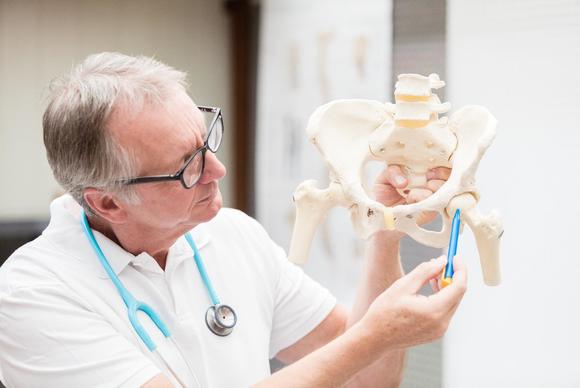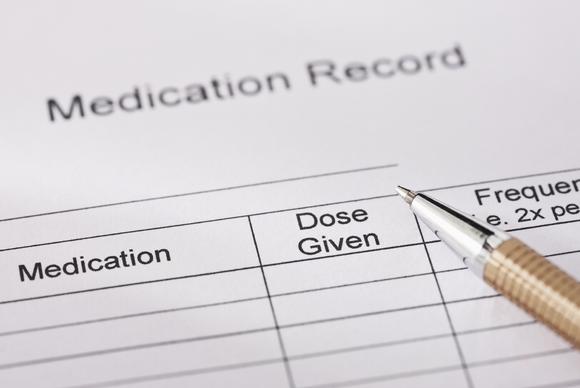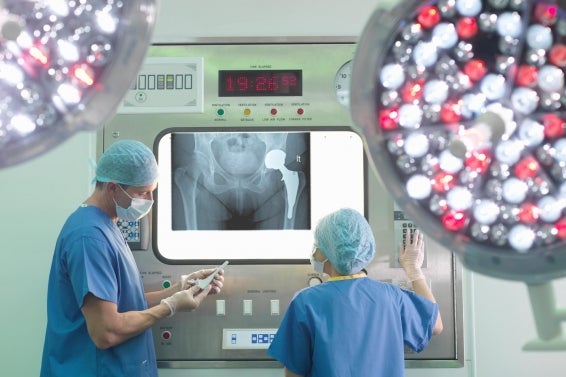View Providers

Preparation Is Key to Success
Hip replacement, also known as arthroplasty, is surgery to repair a diseased or injured hip joint. It can help relieve hip pain and restore hip mobility. Even if you are a good candidate for hip replacement, the thought of undergoing the actual procedure might be overwhelming. Here are some things you can do to help make your surgery a success.

1. Pick the Right Doctor
One of the most important things you can do for successful hip replacement is to choose a doctor with the right expertise and experience. The more experience the doctor has performing hip replacement, the better prepared he or she is to anticipate and prevent complications. Read Finding the Right Doctor for Hip Replacement to learn more.

2. Make Sure Your Hospital Has a Good Success Record
Where you have your surgery is just as important as who performs your surgery. Your risk of complications and even death can be higher at one hospital compared to another in the same city. Healthgrades.com presents this information in an easy-to-understand ratings format.

3. Get Specific With Your Doctor
Bring a list of questions to your doctor appointment. Ask about the types of surgery available, the prosthetic (artificial) components the surgeon will use, possible complications, recovery time, and how to manage pain after the procedure. Having realistic expectations will help you and your loved ones stick with your treatment plan.

4. Prepare for the Procedure
Here are things you’ll need to do before surgery. 1) Provide your detailed medical history and a list of medications you take. 2) Get all preoperative testing that your doctor orders. 3) Take or stop medications exactly as directed.

5. Plan for Your Recovery
Recovery time varies depending on the specific surgical approach, type of anesthesia, your general health, age, and other factors. Physical therapy is an essential part of recovery. Gradually, you’ll regain hip movement and function with less pain. Full recovery times range from 3 to 6 months.

6. Make Appropriate Arrangements
You won’t be able to drive immediately after hip replacement, so arrange for a ride to and from the hospital. You can walk with crutches or a walker, but you may need help cooking, shopping, bathing, and doing laundry. Ask your doctor: what kind of restrictions you’ll have; what kind of assistance you will need at home; and when you can return to work and other activities. Arrange for childcare, driving assistance, and time off work as needed, well before the scheduled surgery date.

7. Protect Your New Hip
Protect your hip replacement by following these tips: Exercise regularly to maintain hip strength and mobility. Participate in low-impact exercise, such as walking, swimming, hiking and biking. Take special care to prevent falls and injuries. See your doctor for follow-up examinations and X-rays.




